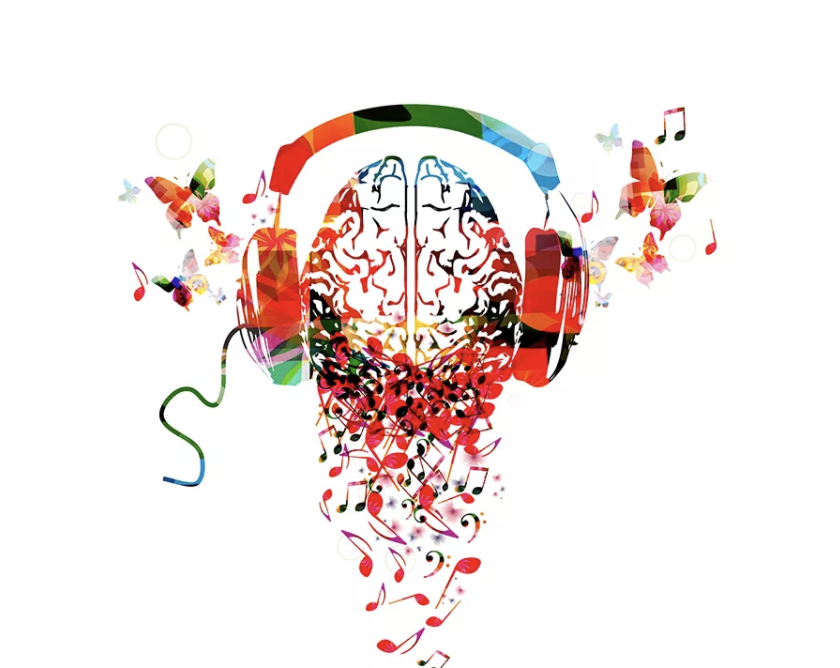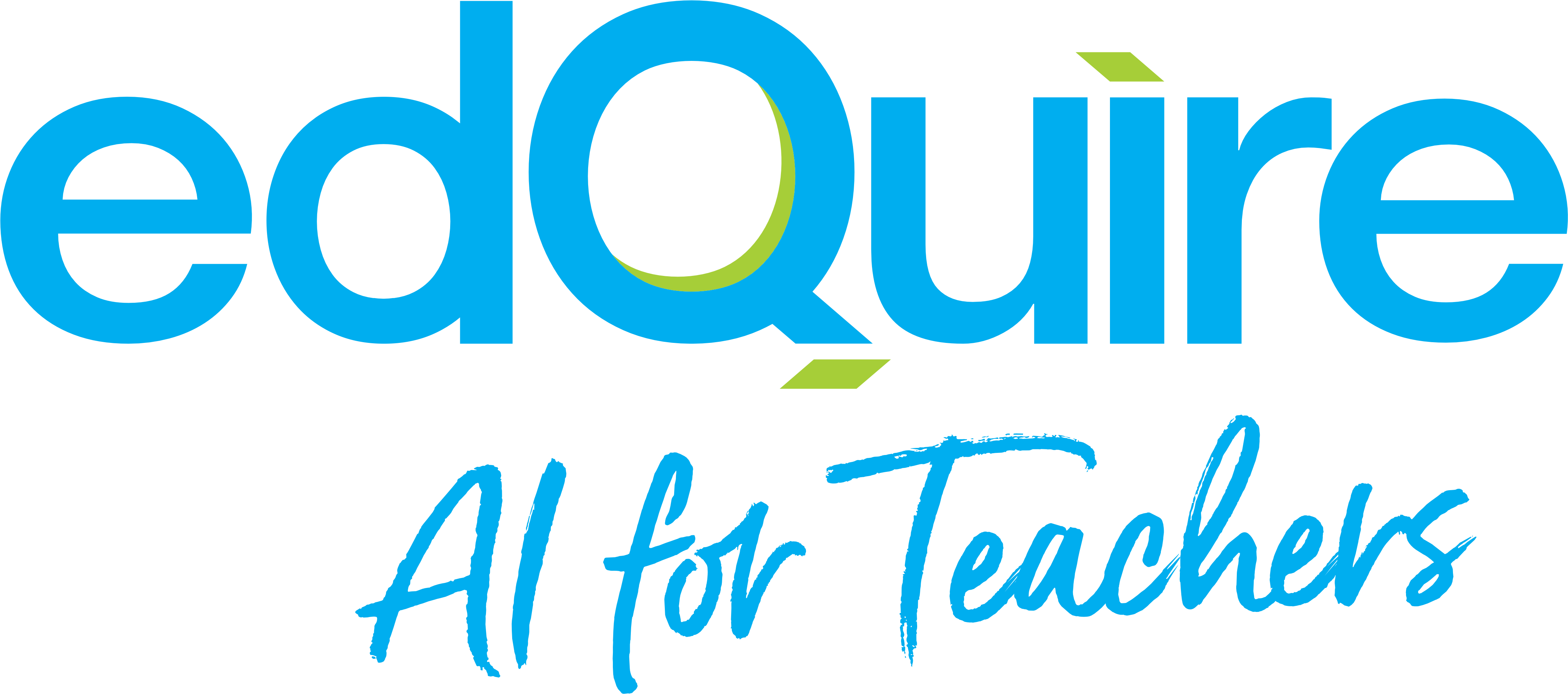
Imagination is tapping into the subconscious in a form of open play. That is why art or music therapy, which encourages a person to take up brushes and paint or an instrument, and just express themselves, is so powerful.
― Phil ‘Philosofree’ Cheney
Music Therapy is growing in our schools and educational institutions, and with good reason. The benefits that music has on children and adults alike is hard to refute. Music is powerful, accessible and individual. Read on to find out more about what Music Therapy is, what it has been shown to help, and how you can use Music Therapy in your classroom.
What is Music Therapy?
In simple terms, Music Therapy uses music to help people with a variety of needs and issues. These can include behavioural, emotional, physical, social, spiritual and mental health issues, and is often (but not always) conducted separately and in addition to traditional medicinal treatments.
Music Therapy is more than listening to music, it can also include playing instruments, writing songs and guided imagery.
What has Music Therapy been shown to help with?
Many schools are using Music Therapy to assist those children who may be experiencing difficulties in self expression which can lead to disruptive and even violent outbursts. Some schools are seeing marked improvements in vocalization and speech and language goals through singing, as well as motor development through instrument play and rhythmic movement experiences. Preschools are using Music Therapy to address the understanding of syntax and grammar patterns in speech using melodic structure, using it to help children develop organizational capabilities with the use of melodic and rhythmic patterns and to develop communication and social skills. Many primary and secondary schools have seen Music Therapy improve higher level social and academic skills such as empathy, turn taking, compromise and problem solving skills in social situations. Music Therapy has also been used to treat people with memory loss associated with Alzheimer’s and dementia.
How can you use Music Therapy in your classroom?
Incorporating music and singing into your teaching and learning activities can be done as simply as playing gentle music during quiet working time, or singing a 3-4 line song to help remember and recall facts or rules. It’s amazing that we can remember a song we haven’t heard for 20 years, but to remember what we did yesterday isn’t always as easy. Applying a song or tune to something your students need to recall can make a world of difference.
Give your students the opportunity to hold and play an instrument to allow them to express themselves and to be creative. Beating a drum or tapping on the desk, can not only be fun but also beneficial to retaining mathematical facts and formulas. Creating movement to accompany this is another way to reinforce learning.
While musical instruments aren’t available to every one, most students and schools do have access to the internet and creative music apps can be easily downloaded and used. When looking at Bloom’s Taxonomy, using apps such as Garage Band for ios is one way for students to achieve – at many levels.

Recent Comments